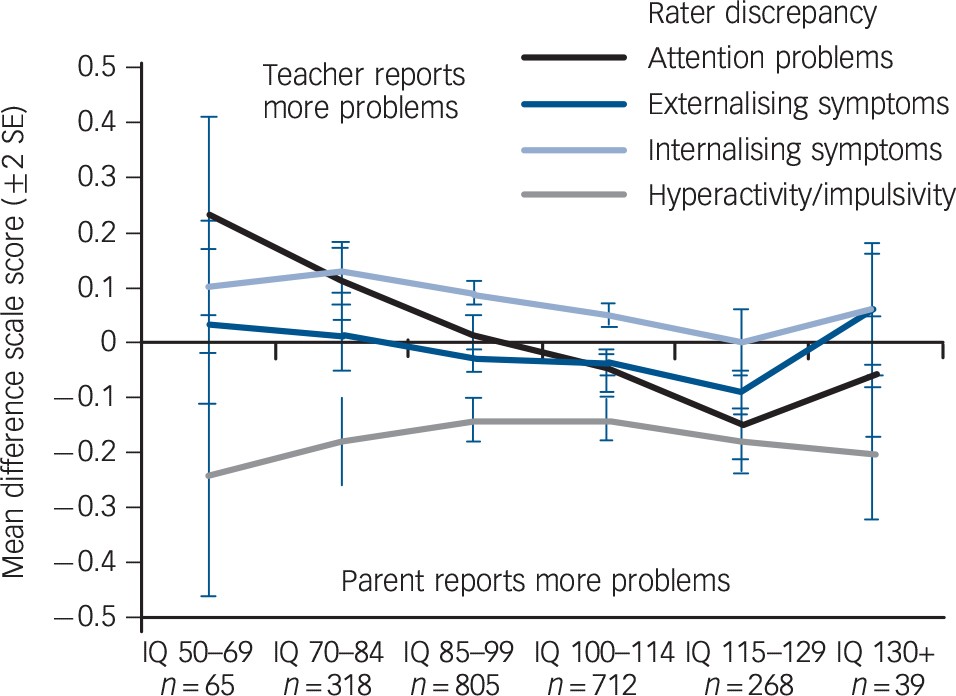
A recent study published in the British Journal of Clinical Psychology has uncovered intriguing connections between a child's intelligence and the timing of their ADHD diagnosis. The research, which analyzed data from 568 children in Ontario, Canada, reveals that those with higher IQ scores tend to receive their ADHD diagnoses at a later age compared to their peers with lower scores.
Masking Symptoms
Experts suggest that children with higher cognitive abilities may be better equipped to conceal ADHD symptoms, particularly those related to inattention. These less disruptive behaviors can often go unnoticed by parents and teachers, potentially delaying the recognition and diagnosis of the disorder.
Gender and Symptoms
Interestingly, the study found no significant difference in diagnosis age between boys and girls. However, children exhibiting more hyperactive and impulsive behaviors were typically diagnosed earlier than those primarily displaying inattentive symptoms. This finding supports the notion that more disruptive behaviors are more likely to catch the attention of adults and lead to earlier intervention.
Socioeconomic and Ethnic Factors
The research also highlighted some unexpected demographic trends. Children from higher socioeconomic backgrounds tended to receive later diagnoses, contrary to some U.S.-based studies that suggest the opposite. Additionally, children of non-White mothers were more likely to be diagnosed at a later age, pointing to potential disparities in the diagnostic process.
Implications and Future Research
While this study provides valuable insights into the factors influencing ADHD diagnosis timing, the researchers acknowledge some limitations. The sample only included children with clinical ADHD diagnoses, leaving out those who may have the disorder but remain undiagnosed. Future studies could benefit from exploring a broader sample to compare diagnosed and undiagnosed children, particularly focusing on how high cognitive abilities or specific symptoms might mask ADHD in girls.
As our understanding of ADHD continues to evolve, this research underscores the importance of considering individual characteristics and demographic factors in the diagnostic process. By recognizing these patterns, healthcare professionals and educators can work towards ensuring timely and accurate diagnoses for all children, regardless of their cognitive abilities or background.